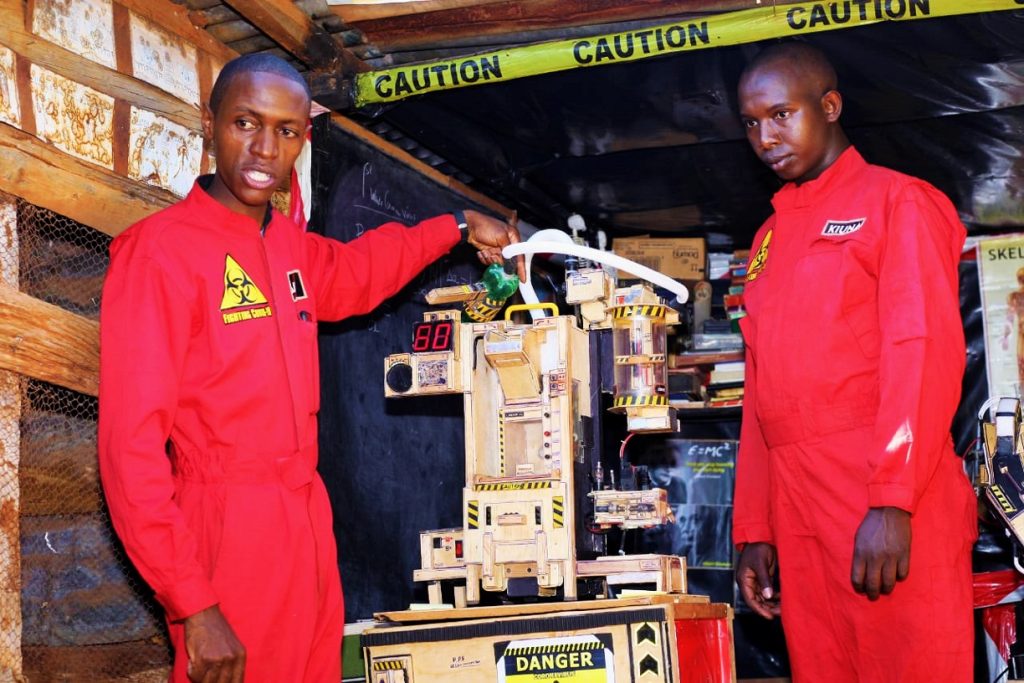
David Gathu and Moses Kiuna, tech innovators hailing from Kenya, have recently been making headlines for the prosthetic technology that they have been developing. Using recycled junk, the two innovators have designed a bio-robotic prosthetic arm to help the disabled.
David and Moses had their dreams of receiving an ICT education cut short due to the expensive school fees that they could not afford. They did not let this setback stop them, however, and taught themselves the skills they need to help their community through their desired profession. The two were even able to get a workshop up and running.
It is from this workshop that they were able to develop the prosthetic arm that has many hopeful about the future of bio-robotic technology. The “arm” is more of a suit that covers areas of the head, arms, hands, and upper torso.
The technology records the wearers brain signals that are then converted into electrical signals known as ‘NeuroNodes’ that are transmitted to the arm which converts those signals into actions. While this is not new technology, per se, the level at which the arms function is.
Made from 100 percent recycled material, the invention has also been hailed as a model for sustainable innovation and transformation. It incorporates everything from plastic, rubber, wiring, and old computer motherboards to LED lights, USB devices, switches, and optical drives, all of which provide components that would otherwise be too expensive.
Moses affirms that him and his partner have a strong desire to help Kenya’s disabled population. Various reports show that the East African country has many problems to tackle when it comes to disabled people, including perceptions of such people as “cursed”. While the inventors have been able to get this far along on their own, they say that they lack the necessary funding to further develop their invention.
David Mathenge from the Association for the Physically Disabled of Kenya (APDK), a charity NGO, says that such inventions are the future of the science of prosthetic limbs and envisions an end to the funding challenges that inventors like David and Moses face.
